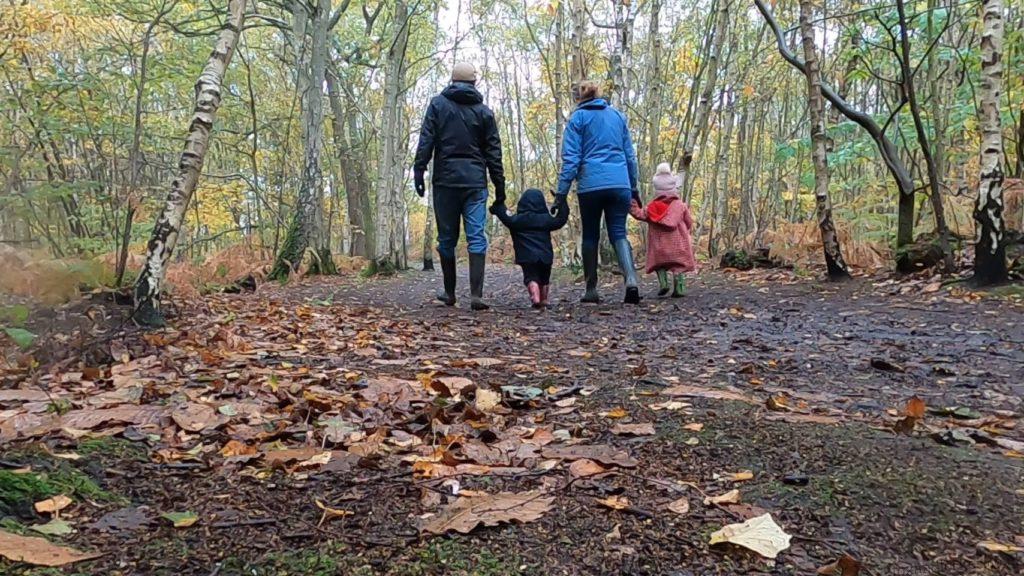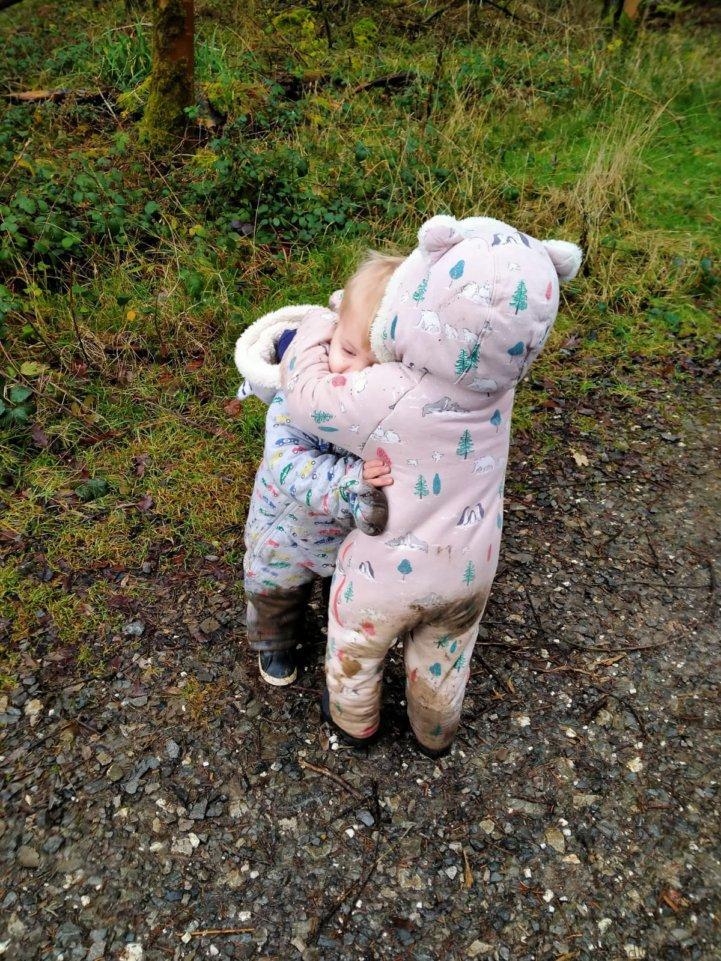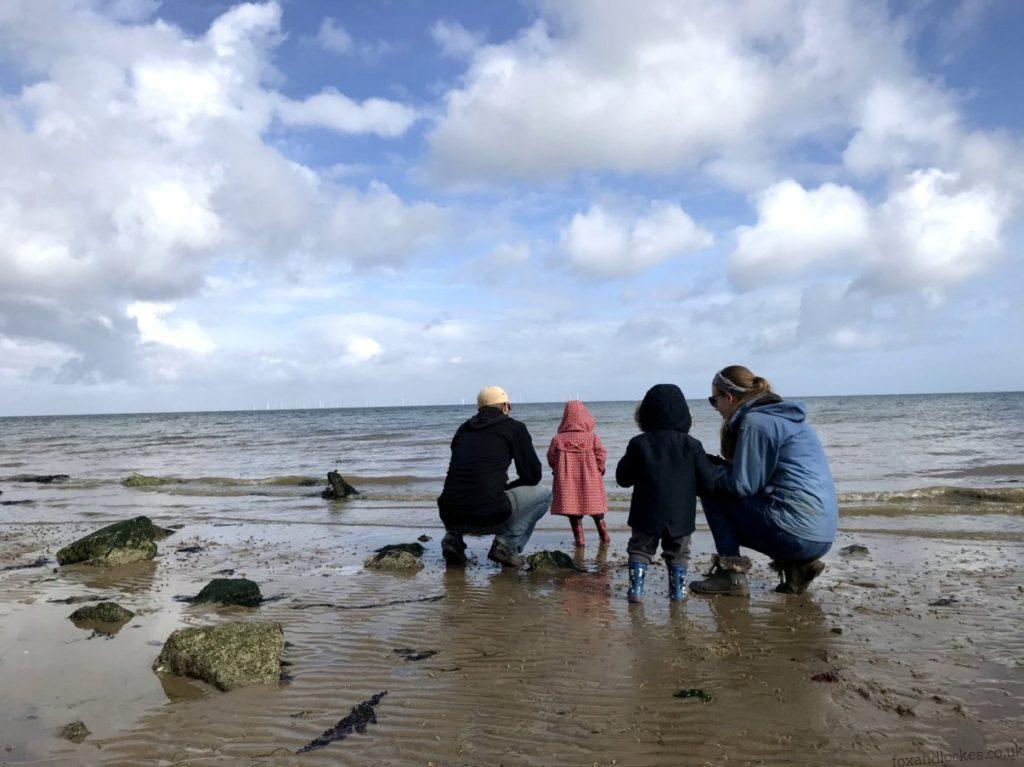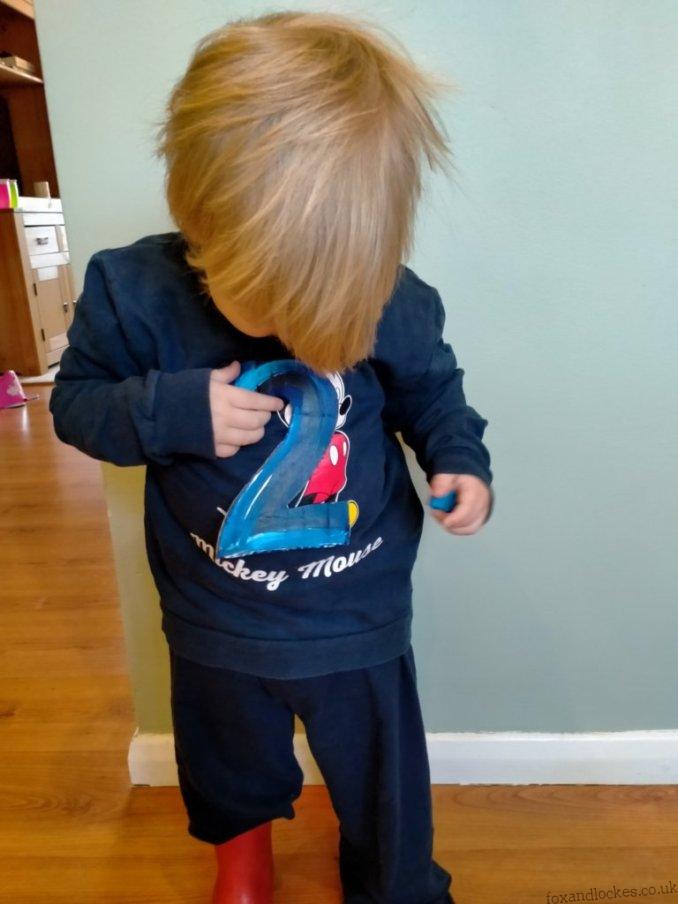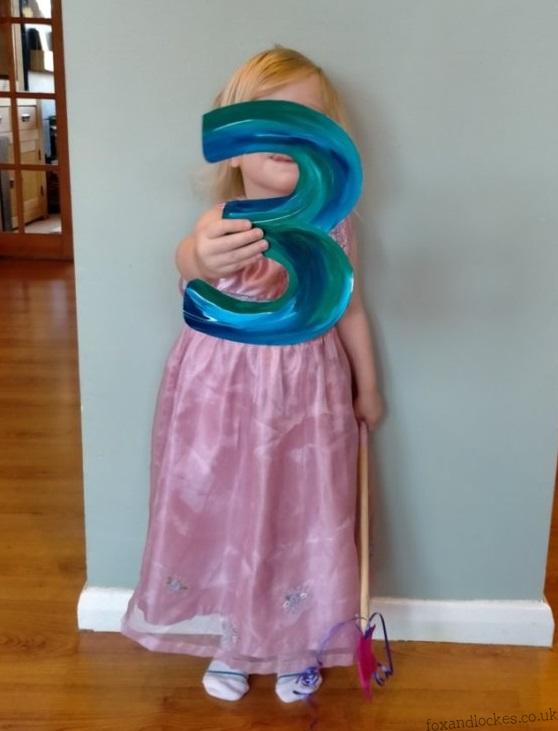Minimalism: Tips for Beginners
It’s natural to feel overwhelmed at the beginning of any journey so try not to worry if you are feeling unsure of where to start. This article will cover everything I have learned so far along my journey and hopefully can give you some ideas on how you can start your own minimalism path. It is really important to remember that it’s not an overnight fix, it takes time to get to where you want to be so allow yourself some grace.
The first thing that I recommend is to ask yourself why? Why are you starting this journey? You need to know your why so that you can stay strong when you want to buy something new or digress from the path. My ‘why’ is so that everything we own fits into our home neatly and in cupboards so that I can quickly clean up and focus my time on being with my children.
Once you have your why firmly set out (or as I did, written down on a note in my handbag so I could pull it out when I needed a reminder) consider a no-spend month to get you started. I do this regularly and have done one again this month (and possibly will continue into next) after the madness of Christmas. A no-spend month stops new items from entering your home, encourages you to really look at what you already have that you can use instead, saves you money and starts to break the cycle of just buying what you want/think you need without thinking about it properly.
I find it helpful to have a few personal rules to help you achieve your goals. Remembering these can really help you stay on track when you are in the shop looking directly at something you are convinced you need to make your life better. For example, mine are:
- No impulse buying, I have to sleep on it for at least one night before any decision making.
- Know where the item will go in my home (and agree that with my husband). This stops ‘stuff’ piling up on sides or remaining unused in cupboards.
- I ask myself which budget pot is it coming out of and is there money in that pot to be spent? This helps me think realistically about the financial side of my purchase.
Next you need to give yourself permission to let go. Letting go of items can bring up many different feelings, memories and emotions and this tends to be the reason we hold onto these items because storing them away in the cupboard is easier than dealing with the feelings resurrected when looking to part with them.
It may be that an item was expensive and you feel like parting with it is a waste of money, but remember that keeping it in your cupboard won’t get your money back and by letting it go you are learning from that purchase and are then unlikely to make the same mistaken purchase in the future.
It may have been a gifted item or a family heirloom that was passed down. Try to remember that gifts are given with love and to bring you joy and if it’s not doing this then it is okay to pass it on; the gift giver wouldn’t want you to keep the gift out of guilt and they certainly wouldn’t want it to cause you stress or upset.
Finally, you also need to give yourself permission to let go of the fantasy version of you that is stored in your head, of all the things you own and never use that are for the you that you dream of being. For me, this was stacks of fabric and wool and painting and card making supplies. In my head I was going to sew and knit all our clothes whilst making personalised cards, painting huge canvases of artwork, and simultaneously running a house with two toddlers in it. Yes, I was clearly dreaming. But it can be hard to let go of those dreams. Parting with those things can feel like failing and that’s hard, but to look at the situation practically and say ‘this is how much time I have and this is what I want to prioritise with that time’ means you can keep things you really will use in real life.
Having said that, please don’t feel like you have to get rid of everything you own and paint your home white to be a minimalist (you can find a blog post on minimalist myths here). Minimalism, to me, is about keeping what you love and use. We still have a massive book collection in our home and we still have stacks of photo albums to track our lives and make memorable gifts to give to our children one day.
It is important to remember that the aim of minimalism isn’t about deprivation or having less, it’s about having more through less. More time to do what you love. So, if you normally spend a lot of time shopping I would recommend that you find a different hobby to do in stead of wondering the shops, maybe one of your hobbies that you just haven’t found time to progress; read some of your unread books or learn to bake that cake that you keep thinking about. Do something to remind yourself of why you are on this journey.
I truly hope that some of these tips have been beneficial to you, please do share any of your own in the comments
Livvy and Summer


